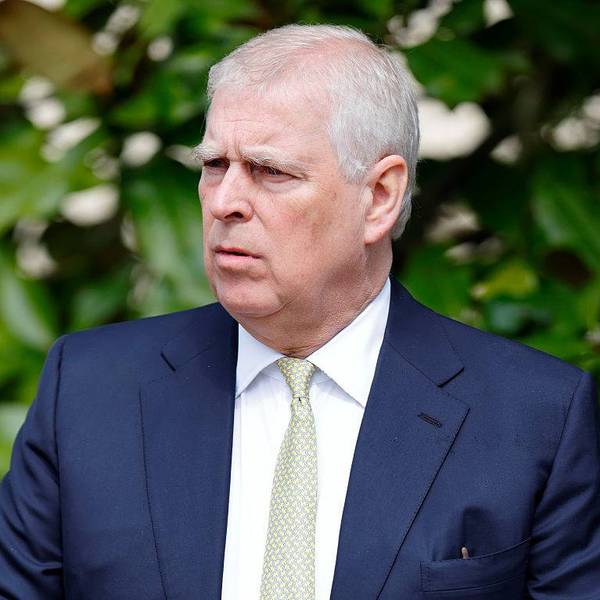UK police have withdrawn from their round-the-clock cordon outside of the Ecuadorian embassy in London, where WikiLeaks founder Julian Assange has lived under asylum for the past three years.
Metropolitan police said the stakeout project cost PS12.6 million ($19.4 million) and was "no longer proportionate." However, they said they would still try to arrest Assange, who is wanted in Sweden for questioning over sexual assault allegations.
Instead of posting uniformed guards at the embassy, police said they would employ "overt and covert tactics" to nab the Australian journalist. However, as Wikileaks spokesman Kristinn Hrafnsson told the BBC, the change in operation would not affect Assange. "They will still arrest Julian if he steps outside the embassy, so there is no real change to the situation other than the removal of uniformed police officers," Hrafnsson said.
In remarks to Sputnik News, he added, "I don't think I'd call anything a victory unless the siege was called off and Julian is allowed to enjoy the political asylum that he was granted fully in compliance with international law by the Ecuadorian government. So this doesn't make a huge difference in my mind; it's obvious that the Metropolitan police is somewhat reacting to the outrage among the public for spending over PS12 million on this ridiculous attempt to arrest him."
Assange, who helped publish a cache of U.S. military and State Department documents in 2010, has said he fears his arrest would lead to extradition to the U.S., where WikiLeaks has been under investigation and could face trial for his role in the leaks. He has invited Swedish prosecutors to interview him at the embassy, but they have repeatedly rejected his offers.
The logjam has prompted squabbles between the UK and Ecuadorian governments, each of which has accused the other of blocking progress on the case. Ecuador's acting Foreign Minister Xavier Lasso in August rejected a formal complaint from the UK's Foreign Office over the legal gridlock, stating, "The republic of Ecuador will not take lessons from any foreign government, least of all those that are unaware of the institution of political asylum, its legitimacy, attached and enshrined in international law, and its humanitarian nature based on the sovereign equality of nations."
"The British government has the sole responsibility for such an invasive and unnecessary police deployment," Lasso said.



